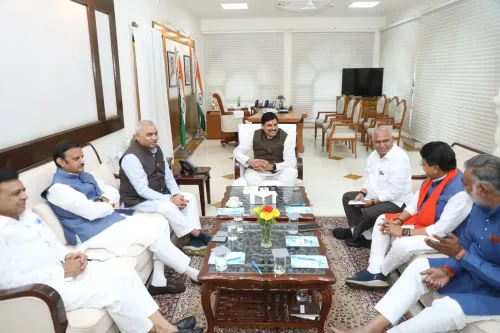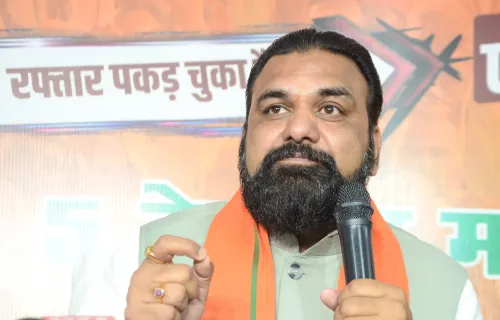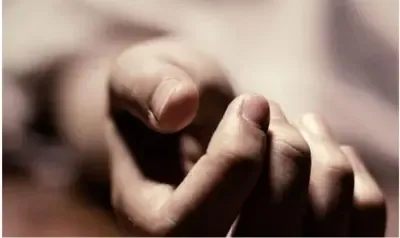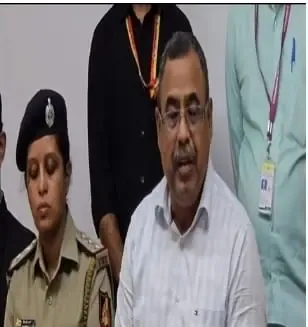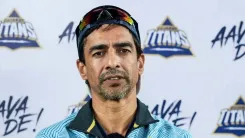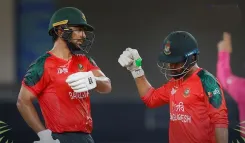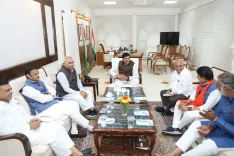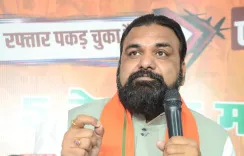How Can Justice Varma Challenge In-House Proceedings After Participation?
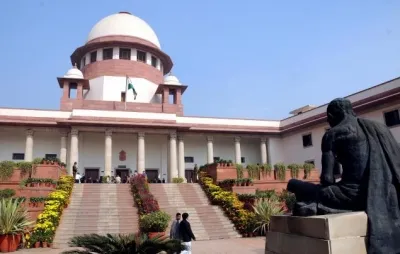
Synopsis
Key Takeaways
- The Supreme Court is examining Justice Varma's challenge to impeachment proceedings.
- Justice Varma participated in the inquiry process before contesting its findings.
- The in-house committee found evidence of misconduct against him.
- Impeachment motions must be initiated by Parliament.
- The case continues to unfold with significant implications for judicial accountability.
New Delhi, July 28 (NationPress) The Supreme Court raised critical questions on Monday regarding Justice Yashwant Varma, who is under the threat of impeachment amid the cash-discovery incident. The court queried how Justice Varma could contest the conclusions of the three-member in-house investigation committee after actively participating in the process.
"Why wait until the enquiry was concluded and the report was published? Why not challenge it when the committee was established? Past judges have opted out of these proceedings. You had the option to approach us earlier," commented the bench led by Justices Dipankar Datta and AG Masih to senior advocate Kapil Sibal, representing Justice Varma, currently a judge at the Allahabad High Court.
The Supreme Court is addressing a writ petition from Justice Varma seeking to dismiss the communication sent by the former Chief Justice of India (CJI) Sanjiv Khanna to the President and Prime Minister, proposing action based on the in-house committee's findings.
Sibal contended that the CJI lacks the authority to recommend impeachment to the President, emphasizing that such a motion must originate from Members of Parliament (MPs).
"Impeachment can only proceed if members of the Lok Sabha or Rajya Sabha believe the conduct warrants removal," he stated.
He further questioned how the alleged discovery of cash in a judge's residence could be interpreted as misbehavior justifying removal.
Sibal insisted that the Centre cannot initiate or suggest impeachment proceedings, asserting that Parliament had no recourse when the CJI proposed Justice Varma's removal.
In response, the Justice Datta-led bench clarified that the findings of the in-house committee are not regarded as evidence. According to the Judges Enquiry Act, any removal motion must be preceded by an investigation conducted by a three-judge panel.
The bench added that forwarding the in-house committee's report to the President and the Council of Ministers does not imply that the CJI is trying to sway Parliament.
The Supreme Court plans to continue hearing the case on Wednesday.
Justice Varma, previously a judge at the Delhi High Court, came under scrutiny after the discovery of burnt cash in an outhouse of his official residence in the national capital on March 14, following a fire that needed extinguishing.
This incident, which sent shockwaves through judicial circles, led to Justice Varma's reassignment to the Allahabad High Court and the initiation of an in-house investigation into the allegations.
The inquiry committee uncovered both direct and electronic evidence suggesting that the storeroom was under the covert or active control of Justice Varma and his family. Conclusively, it indicated that the burnt cash was removed from the storeroom during the early hours of March 15.
The three-member committee, consisting of Chief Justice Sheel Nagu of the Punjab and Haryana High Court, CJ G.S. Sandhawalia of the Himachal Pradesh High Court, and Justice Anu Sivaraman of the Karnataka High Court, deemed the allegations severe enough to warrant impeachment proceedings against Justice Varma. They concluded that his misconduct was sufficiently grave to justify removal under Article 124(4) of the Constitution.
The Supreme Court is also reviewing a petition filed by advocate Mathews J. Nedumpara and other co-petitioners, demanding that the Delhi Police register an FIR regarding the alleged discovery of burnt cash in Justice Varma's residence while he served at the Delhi High Court.
Nedumpara reiterated for the third time that the Union government, responsible for the Delhi Police, must ensure the registration of an FIR. The Supreme Court previously declined to consider similar petitions from Nedumpara—first in March, calling for an FIR and investigation into the cash-discovery allegations, and again in May, seeking Justice Varma's criminal prosecution.

